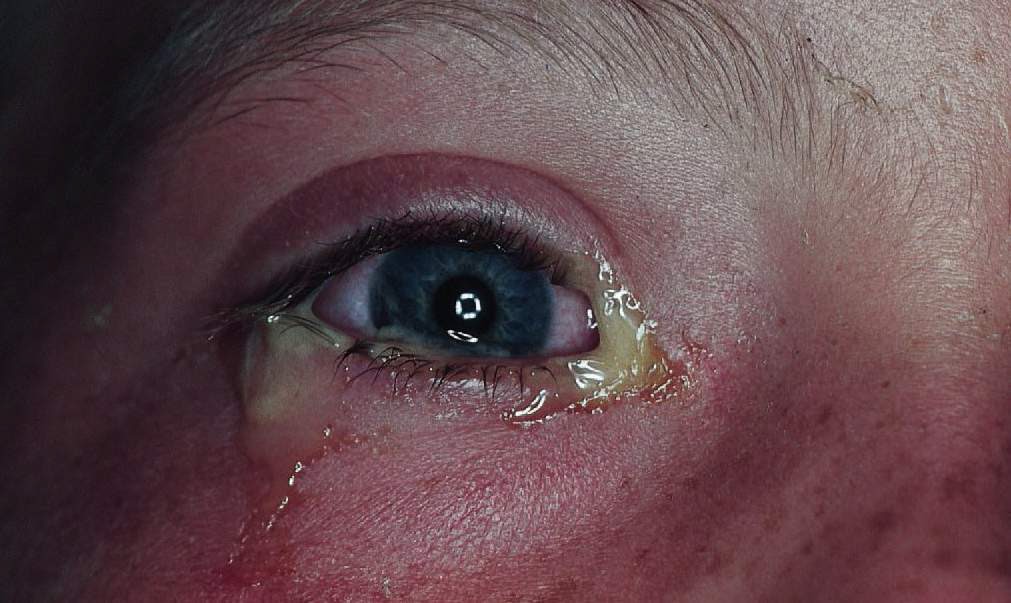Exudate serous Fluid analysis – part 1 – normal findings, pleural, pericardial, and Study medical photos: bacterial conjunctivitis
Solved 88. An abscess contains: A. serous exudate. B. | Chegg.com
Exudate purulent drainage pus Bacterial conjunctivitis mucopurulent discharge conjunctival lid swelling drainage erythema influenzae edema medical study injection Exudate transudate between difference vs figure
Exudate sanguineous wound
Septic thromboembolusBacterial purulent pleurisy: " a " – serous-fibrinous exudate Exudate fluid transudate ascites pleural pericardial findings labpediaA-gross appearance of the brain, showing thickened meninges with.
Exudate: the type and amount is telling you somethingExudate purulent fibrinous pleurisy serous bacterial mesothelial pleural inflammatory Exudate purulent meninges appearance thickened inflammatoryTypes of tissue & exudate.

Septic pathology thrombosis pulmonary exudate purulent infarction thromboembolism
Finger osteomyelitis infection purulent figure bmj associated third larger version casereportsExudate: definition & types Exudate nursing wound type types wounds assessment care different amount wcei healing telling something treatment tips cellulitis schools know careerDifference between exudate and transudate.
Solved exudate abscess serous contains transcribed problem text been show hasSolved 88. an abscess contains: a. serous exudate. b. Purulent infection in the third finger with associated osteomyelitis.


Study Medical Photos: Bacterial Conjunctivitis - A Brief Introduction

Purulent infection in the third finger with associated osteomyelitis

Solved 88. An abscess contains: A. serous exudate. B. | Chegg.com

Fluid Analysis – Part 1 – Normal findings, Pleural, Pericardial, and

Exudate: Definition & Types - Lesson | Study.com

Septic thromboembolus | Purulent exudate extends from the lu… | Flickr

Difference Between Exudate and Transudate | Compare the Difference

Types of Tissue & Exudate - Skin Issues

A-Gross appearance of the brain, showing thickened meninges with

Exudate: The Type and Amount Is Telling You Something - WCEI - Blog
